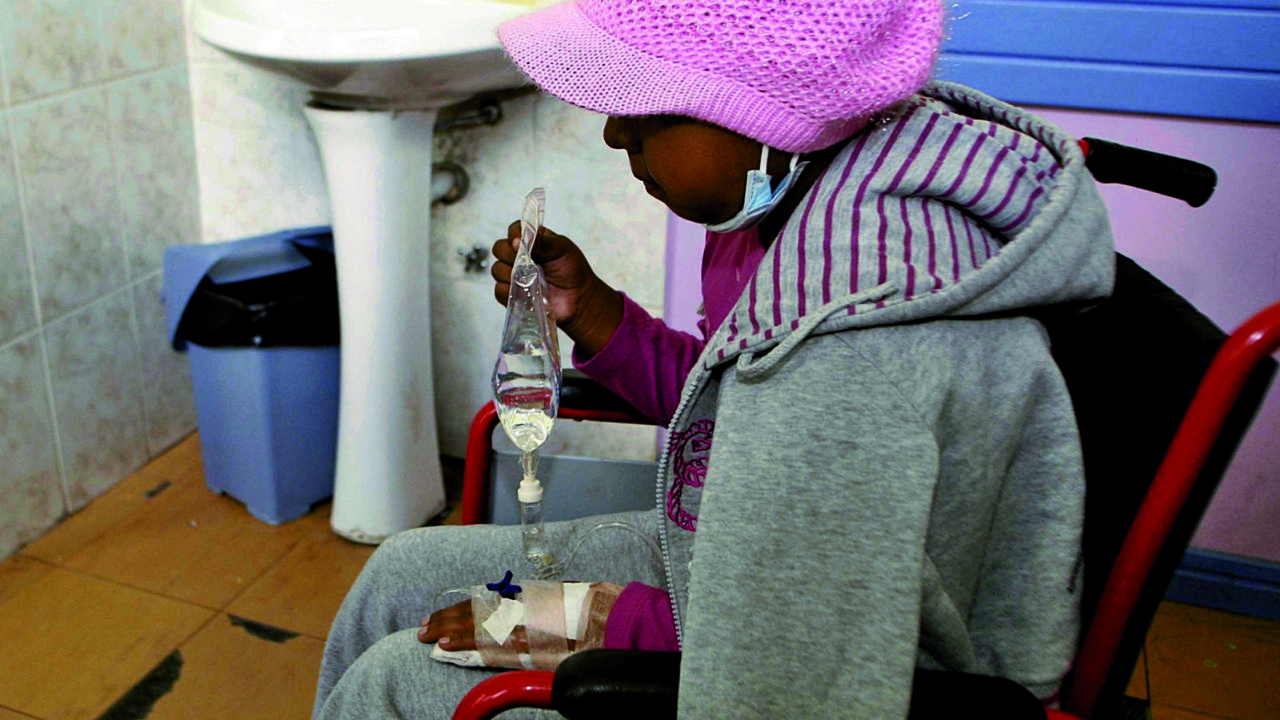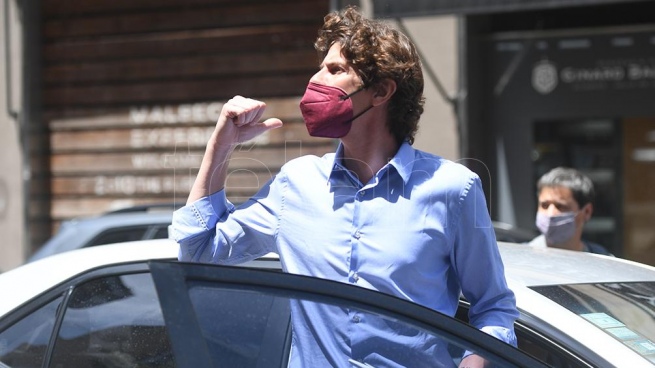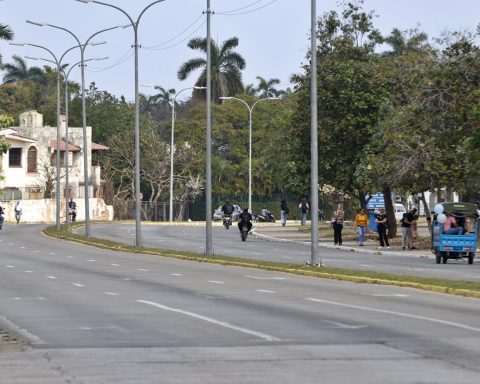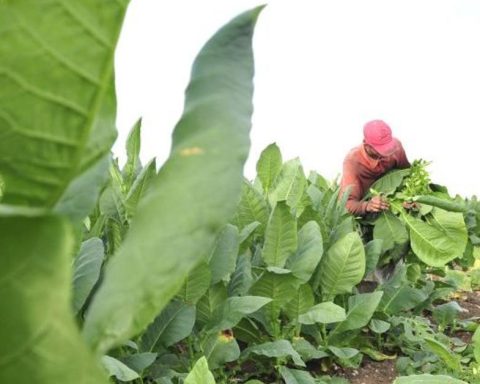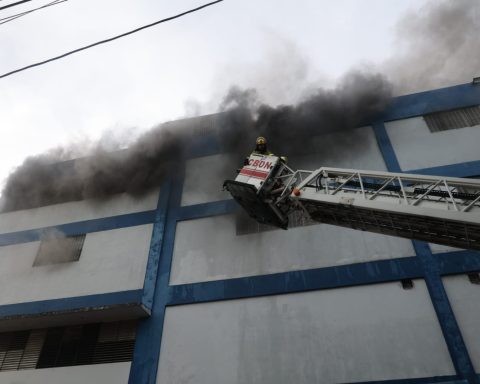Veronica Zapana / La Paz
Bolivia is on alert for acute childhood hepatitis and activated epidemiological surveillance in the event of the possible presence of any suspected case of this disease. The Ministry of Health presented to the epidemiologists of the departmental health services (Sedes) a protocol for the care of these patients.
“Since the World Health Organization (WHO) has issued a global alert for this type of hepatitis, we as a country are also on alert,” the head of the epidemiology unit of the Ministry of Health, Freddy Armijo, explained to Página Siete.
The authority assured that “from that moment on, the entire health system (of the country) was automatically put on alert.”
Given this scenario, the Ministry of Health has already activated epidemiological surveillance so that the Headquarters report the alert to health centers and can begin epidemiological surveillance throughout the country.
What is known about this disease? According to Armijo, acute childhood hepatitis -inflammation of the liver- still has an unknown origin, so a thorough investigation is being carried out. It was ruled out that it is one of the five types of hepatitis A, B, C, D and E, the best known. The cases that were registered in Europe and the United States show that almost half of the reported cases had the presence of adenovirus 41. “This is common and circulates in the environment that also produces colds,” he indicated.
The president of the Bolivian Society of Immunology, Adalid Zamora, explained that although the form of contagion of this disease is not known, it is known that A and E are contracted by contaminated food or water and B, C and D , by transmission of body fluids, such as blood transfusion and sexual intercourse, among others. “How it is transmitted is still under investigation,” he said.
According to the recorded data, Armijo said, this disease presents with respiratory symptoms, vomiting and diarrhea. “The peculiarity is that the patient has jaundice, that is, his skin and his eyes turn yellow,” he explained.
It also occurs in children from three months to 16 years. The infection has a limited duration of about 15 days and patients “require hospitalization to be monitored by specialists.”
According to the WHO, of the 228 cases reported as of Tuesday in 22 countries, 10% required a liver transplant and one child died. Most of the cases were registered in Europe and the United States, but on Wednesday Argentina, Bolivia’s neighbor, reported the first case in Latin America. This is an eight-year-old boy who was admitted to the Rosario Children’s Hospital. “We will make all these data known in the virtual meeting and we will indicate that the patient must be hospitalized to be controlled,” Armijo said.
Handwashing is important for protection
“Protection measures in general, such as washing hands before and after eating, after entering the bathroom or changing diapers for babies, is very important to protect yourself from any type of hepatitis,” the specialist told Page Seven. .
He indicated that another protection measure is washing food. “It is very important to disinfect them,” she added.
The professional reiterated that these measures are the usual ones to protect against the five types of hepatitis already known, but since the cause of this “new” hepatitis is still not known, it is also not very clear what protection measure should be taken. take on this disease.
According to data from the World Health Organization (WHO), the first case of acute childhood hepatitis was recorded on April 15 and from then until last Tuesday the disease has already reached 22 countries.
The head of epidemiology of the Ministry of Health, Freddy Armijo, indicated that if these cases are registered in the country, the patient must be admitted to a hospital to monitor him. The disease goes away on its own with a bland diet.
